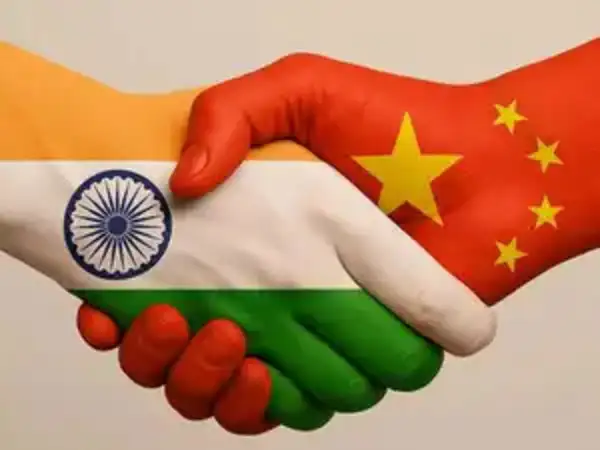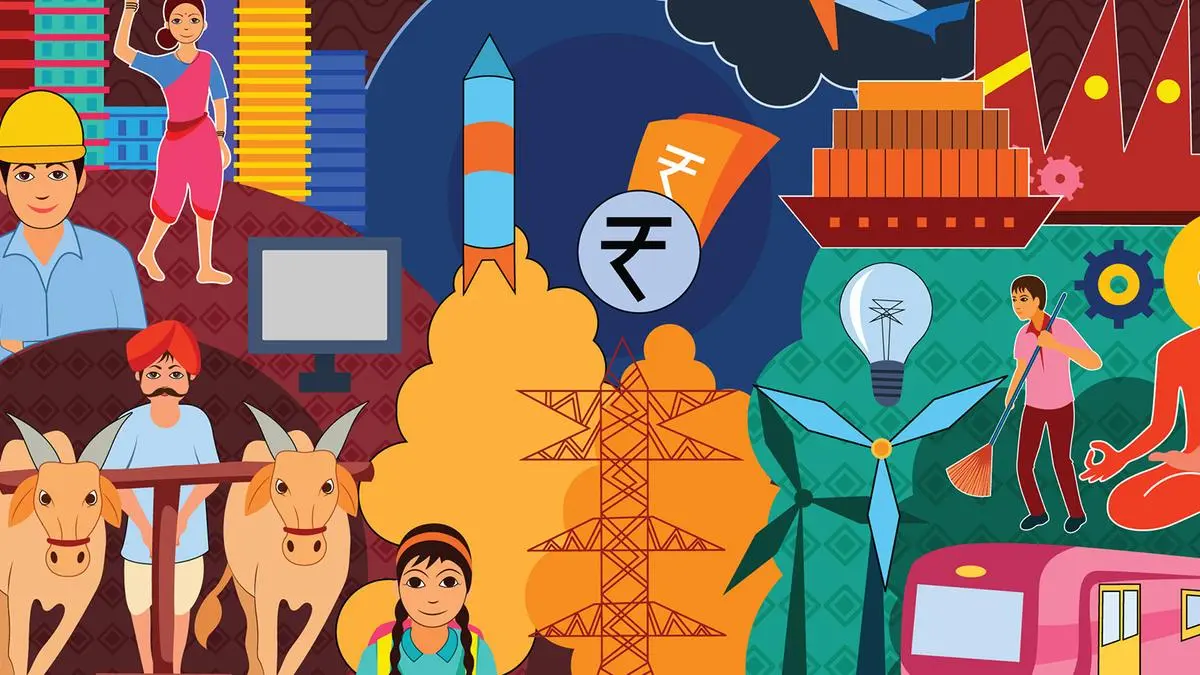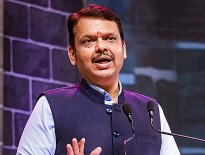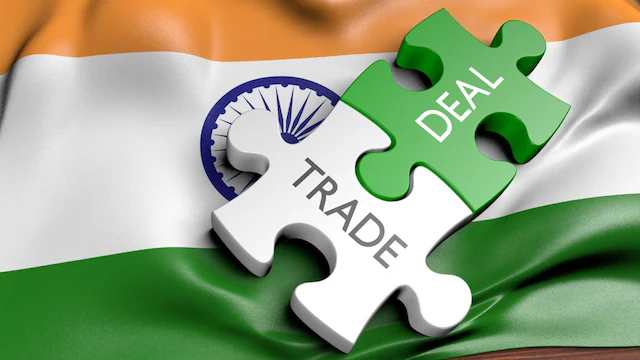Hey, like this? Why not share it with a buddy?

The measure of the success of a business entrepreneur is how wealthy and how quickly he or she becomes, says Arun Maira, Author of Reimaging the Indian Economy. According to Webster’s Dictionary, an entrepreneur “is a person who organizes and manages any enterprise, especially a business enterprise, usually at considerable risk and initiative”. As a management consultant, I have guided many business leaders with the disciplines of systems thinking and systems acting to navigate through VUCA (volatility, uncertainty, complexity and ambiguity) and ways to create innovations in their enterprises. Twenty years ago, my interest shifted from the world of business entrepreneurs to the broader world of social entrepreneurs. I participated in a meeting on “Business as an Agent of World Benefit”, between the UN Global Compact, of whom I was a senior adviser, and the Academy of Management in Cleveland in 2006.The UN Global Compact is an international organization of business corporations that have volunteered to conduct their businesses in a way that will improve society and save the environment. The Academy of Management is the largest organization of business management teachers in the world. Over three days, thousands of persons from around the world participated in the meeting online and in person. A survey of 2,100 students in 87 business schools found that 87% believed that corporations should work towards societal goals, but only 18% believed they were. Two statements by students were compelling. One was: ‘The key business role should be to develop society, not profits’. The other: ‘Profitability is easy: changing the world is hard’. Business entrepreneurs and social entrepreneurs live in very different worlds.
The value of an enterprise to the country cannot be measured by the value it creates in stock markets. The measure of success of a social entrepreneur is how many poor people’s dignities and lives are improved by the enterprise, sustainably. The caring of business entrepreneurs for society cannot be measured by how much of their wealth they give in philanthropy, which is usually a tiny fraction or by a corporation’s expenditure on CSR, the norm for which is only 2% of profits. Their contributions to the improvement of the condition of their societies must be measured by how they produced their wealth and profits. What impacts do their products and services have on the lives of the poorest people? How many people were engaged in the production and delivery of the products and service? Were they paid well and provided with adequate social security? How was the environment destroyed in the process of extracting value for their business? Indian entrepreneurs must reimagine their contribution to India through the lens Mahatma Gandhi provided. He gave a talisman to entrepreneurs and leaders, in business and Government: Antyodaya. Whenever you take a decision, think of how it will improve the life of the poorest person in your community. Or, as Lord Krishna said to Arjuna in the Gita. You have a right only to the work, not the fruits thereof. The fruits of your work must be the improvement of the lives of the poorer people of India, not the increase of your wealth and fame.
Source : https://www.entrepreneur.com/en-in/news-and-trends/how-entrepreneurs-are-reimagining-indias-economy/494804#:~:text=How%20Entrepreneurs%20are%20Reimagining%20India’s%20Economy%20The%20measure%20of%20the,of%20Reimaging%20the%20Indian%20Economy&text=Opinions%20expressed%20by%20Entrepreneur%20contributors%20are%20their%20own.
Related Posts
SEARCH SME E-News
RECENT POST
Categories
- Achievements
- Banking & Finance
- Branding & Marketing
- Business Ethics & Culture
- Business talk
- Business Tycoons
- Capital Market
- Corporate Story
- Davos
- Economy
- Emerging Market
- Entrepreneurial Leadership Dialogue
- events
- Exports
- Grievances
- Growth
- Impact on Business
- Import
- India Growth Story
- Industry
- Innovation and Invention
- Innovative Ideas
- International Affairs
- International Trade
- jobs career
- Manufacturing
- Meeting
- MSME
- Others
- Packaging
- Pharma
- Policies & Schemes
- Regulatory Change
- Schemes
- Skill Development
- SME Talks
- Start-up
- Swot Analysis
- Tax
- Technology & Research
- Textiles
- Travel
- Uncategorized
- Viksit Bharat 2047- Strategies, Contribution, Initiatives and Efforts
- Women Entrepreneurs
- World Economic Forum










